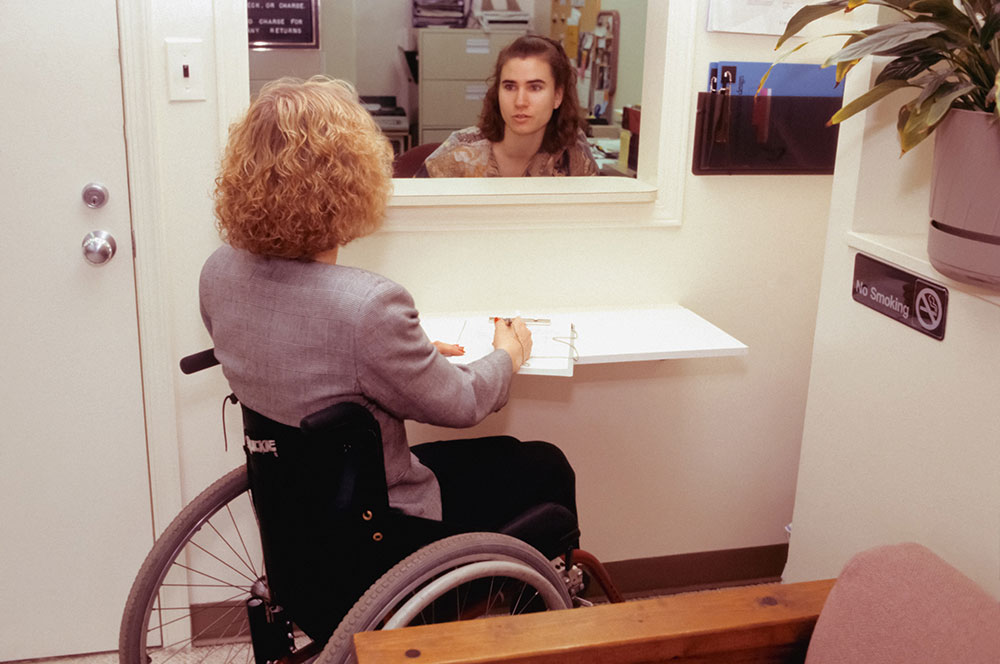
Social Security Disability Insurance (SSDI) and Medicaid are two important government programs that provide financial and medical assistance to those who are unable to work due to a disability or who have low income and assets. While both programs have eligibility requirements, it is possible for an individual to qualify for both SSDI and Medicaid at the same time. In this blog, we will explore the eligibility requirements for both programs and how to apply for them.
What is Social Security Disability Insurance (SSDI)?
Social Security Disability Insurance (SSDI) is a federal program administered by the Social Security Administration (SSA) that provides financial assistance to individuals who are unable to work due to a disability. To be eligible for SSDI, an individual must have a disability that is expected to last at least one year or result in death, and must have paid Social Security taxes for a certain number of quarters.
To determine if you are eligible for SSDI, the SSA will consider your medical condition and your work history. Your medical condition must be severe enough that it prevents you from engaging in any substantial gainful activity (SGA), which is defined as earning more than $1,310 per month (in 2021). In addition, you must have worked long enough and recently enough to be insured under SSDI. The number of work credits you need to be insured depends on your age when you became disabled.
Once you are approved for SSDI, you will receive a monthly benefit based on your average lifetime earnings. The amount of your benefit will depend on the amount of Social Security taxes you have paid over the years. In addition to the monthly benefit, SSDI also provides Medicare coverage after a two-year waiting period.
What is Medicaid?
Medicaid is a joint federal and state program that provides medical assistance to individuals and families with low income and assets. Medicaid is designed to help individuals who are unable to afford the cost of medical care, including doctor visits, hospital stays, and prescription medications. Medicaid is available in all 50 states, the District of Columbia, and U.S. territories, and is administered by the Centers for Medicare & Medicaid Services (CMS).
To be eligible for Medicaid, an individual must meet certain income and asset limits. These limits vary by state, but in general, an individual must have an income that is below 138% of the Federal Poverty Level (FPL) to qualify. The FPL is a measure of income issued annually by the Department of Health and Human Services (HHS). In 2021, the FPL for a single individual is $12,880 per year.
In addition to income limits, Medicaid also has asset limits. Assets are items that you own, such as a car, a house, or a bank account. Medicaid will consider your assets when determining your eligibility, but there are certain assets that are not counted, such as your home and personal possessions. Medicaid will also consider the assets of your spouse if you are married.
Can I qualify for both SSDI and Medicaid at the same time?
Yes, it is possible for an individual to qualify for both SSDI and Medicaid at the same time. In fact, many individuals who receive SSDI also qualify for Medicaid because they have a disability and low income and assets. This is because SSDI recipients are automatically eligible for Medicare after a two-year waiting period, and Medicare is a form of health insurance that is similar to Medicaid.
If you are approved for SSDI and are also eligible for Medicaid, you will receive both benefits. The SSDI benefit will help cover your living expenses, and the Medicaid benefit will help cover your medical expenses. If you are receiving SSDI and are also eligible for Medicaid, you do not need to pay